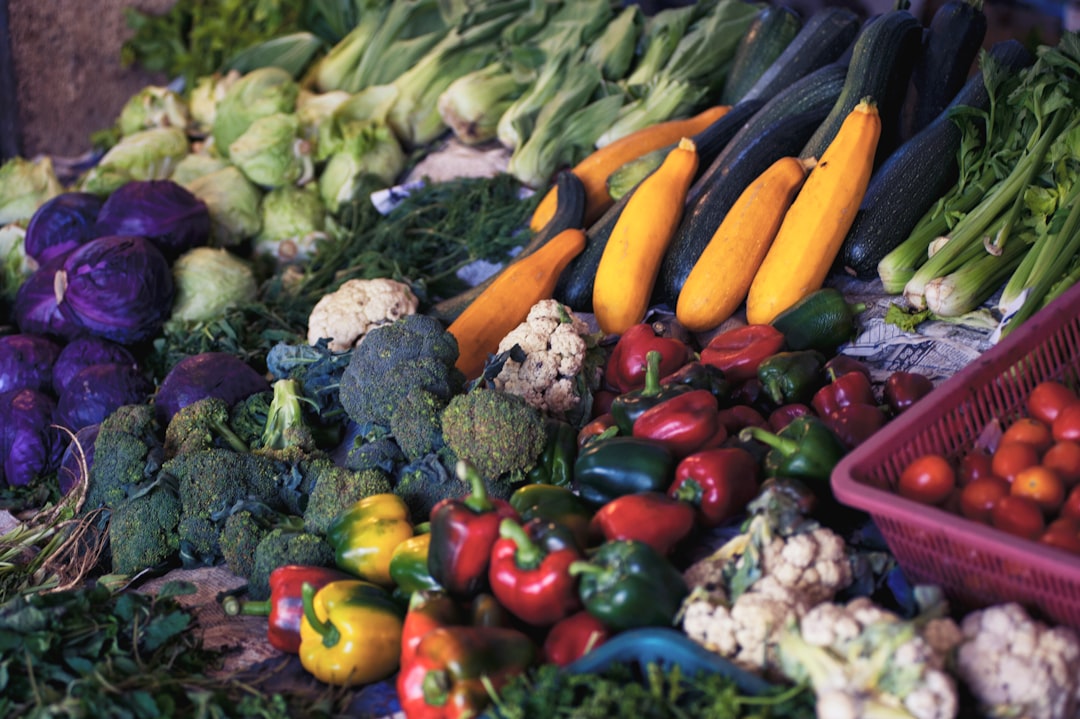Unveiling the Differences Between Diets
Understanding the Basics
The world of diets can be a confusing place with a myriad of options available. Each diet has its own set of rules, benefits, and drawbacks. It's important to understand the differences between them to make an informed decision about what's best for your health and lifestyle.
The Keto Diet
The ketogenic, or keto, diet is a high-fat, low-carb diet designed to push your body into a state of ketosis. This is when your body burns fat for fuel instead of carbohydrates. It's often used for weight loss, and some studies suggest it may have benefits for certain health conditions.
Pros and Cons
The keto diet can lead to significant weight loss and improved blood sugar control. However, it can also be hard to stick to due to its strict carb limit. Side effects may include the 'keto flu,' a collection of symptoms including headache, fatigue, and nausea.
The Vegan Diet
A vegan diet involves eating only plant-based foods. This means no meat, dairy, eggs, or any other animal products. It's often chosen for ethical, environmental, or health reasons.

Pros and Cons
A vegan diet can be high in fibre and low in saturated fat, leading to weight loss and improved heart health. However, it can be challenging to get enough protein and certain nutrients, such as vitamin B12, which are predominantly found in animal products.
The Paleo Diet
The paleo diet, or caveman diet, involves eating foods that our hunter-gatherer ancestors supposedly ate. This includes lean meats, fish, fruits, vegetables, nuts, and seeds. It excludes processed foods, grains, and dairy.
Pros and Cons
The paleo diet can lead to weight loss and improved blood pressure control. However, it can be expensive to follow, and its exclusion of whole grains and dairy can lead to nutrient deficiencies.

The Mediterranean Diet
The Mediterranean diet is based on the traditional foods that people in countries like Italy and Greece ate in the 1960s. The diet involves eating a lot of fish, fruits, vegetables, legumes, and whole grains. It also includes moderate amounts of dairy and poultry, and limited amounts of red meat.
Pros and Cons
The Mediterranean diet is praised for its heart health benefits and its flexibility. However, it may not lead to as much weight loss as other diets, and it can be more time-consuming to prepare meals.
Choosing the Right Diet
Remember, the best diet for you is the one that fits your lifestyle and that you can stick to in the long term. It's always a good idea to consult with a healthcare professional before starting any new diet to ensure it's a safe choice for your specific health needs and goals.
